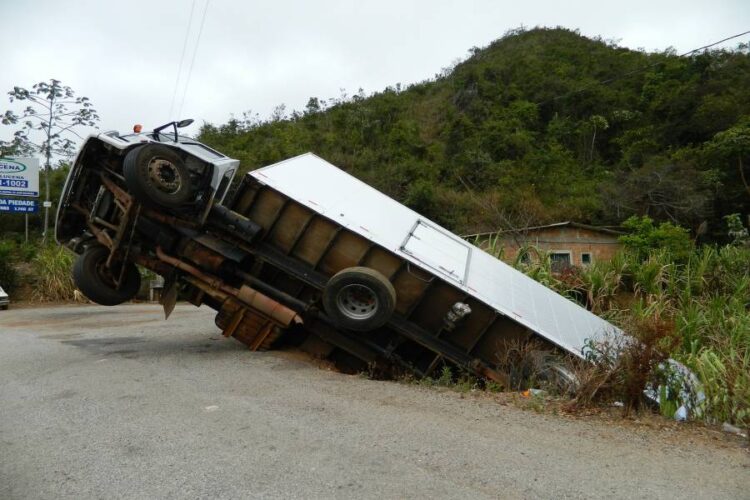In the complex world of truck accident claims, evidence serves as the cornerstone of a successful case. Whether you’re dealing with a minor collision or a catastrophic accident, the strength of your claim largely depends on the quality and quantity of evidence you gather. Understanding how to collect, preserve, and present evidence effectively can significantly impact your compensation and legal outcomes.
Types of Evidence in a Truck Accident Case
A truck accident claim is based on evidence. Various forms of evidence will play a crucial role in establishing who is responsible for the damages suffered. Physical evidence such as skid marks, vehicle debris and damage as well as road conditions will be taken into account. Documentary evidence such as witness statements, accident reports and reconstruction reports will be used to substantiate your claim. Vital pieces of evidence include:
- Photographs and videos of the accident scene
- Vehicle maintenance records
- Driver’s logbooks and qualification files
- Electronic data from the truck’s black box
- Weather reports from the time of the accident
- Insurance documentation
- Medical bills and treatment records
Role of Eyewitness Testimonies
Eyewitness accounts can dramatically strengthen your truck accident claim by providing unbiased perspectives of the incident. These testimonies often fill crucial gaps in the narrative and corroborate other evidence. When gathering eyewitness statements, it’s essential to collect contact information immediately after the accident and obtain detailed accounts while memories are fresh. These accounts can provide valuable insights into driver behavior, road conditions, and the sequence of events leading to the accident.
Expert Testimonies and Truck Accident Reconstruction
Expert testimonies and accident reconstruction reports will prove vital when establishing the facts following a truck accident. Expert witnesses such as accident reconstruction experts, doctors and other medical professionals, trucking industry experts, and academics will be able to provide expert analysis and insight into an accident. By using technology and forensics, these professionals will be able to provide a detailed reconstruction of how the accident occurred, in the end determining liability and fault.
Challenges in Collecting Evidence Following a Truck Accident
Gathering comprehensive evidence for truck accident claims often presents significant challenges. Time sensitivity is crucial, as physical evidence can quickly disappear or degrade. Additionally, trucking companies may be reluctant to share internal records, and witnesses might be difficult to locate after the fact. Weather conditions, road construction, and other factors can also complicate evidence-collection efforts.
Moving Forward with Your Claim
Success in truck accident claims requires a strategic approach to evidence collection and preservation. Working with experienced legal professionals can help ensure you gather all necessary evidence while avoiding common pitfalls. They can help you navigate complex regulations, deal with insurance companies, and build a strong case supported by compelling evidence.
Remember that the burden of proof lies with the claimant, making thorough evidence collection essential for achieving a favorable outcome. By consulting with a truck accident lawyer, you will be able to understand the different types of evidence and the importance of taking proactive steps to gather and preserve it. Together with your lawyer, you can significantly increase your chances of receiving fair compensation for your injuries and damages.
Consider seeking professional legal assistance immediately after a truck accident to ensure proper evidence collection and preservation. The sooner you begin building your case, the stronger your position will be in negotiations or court proceedings.










